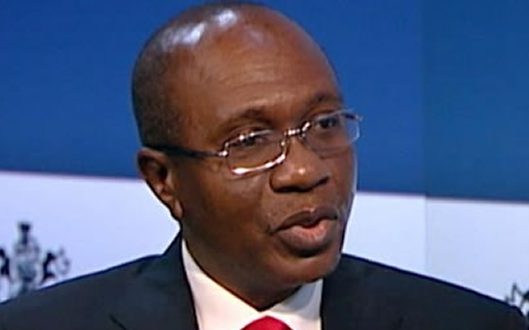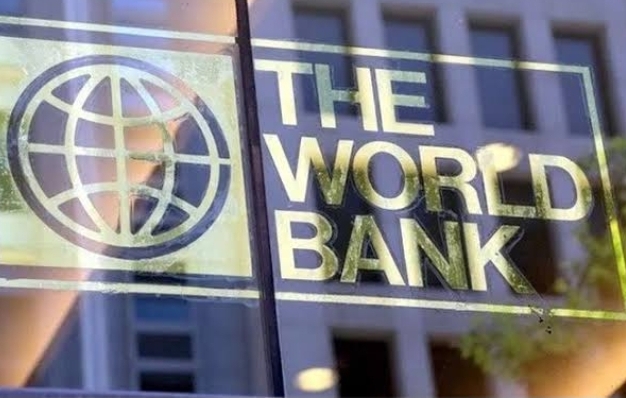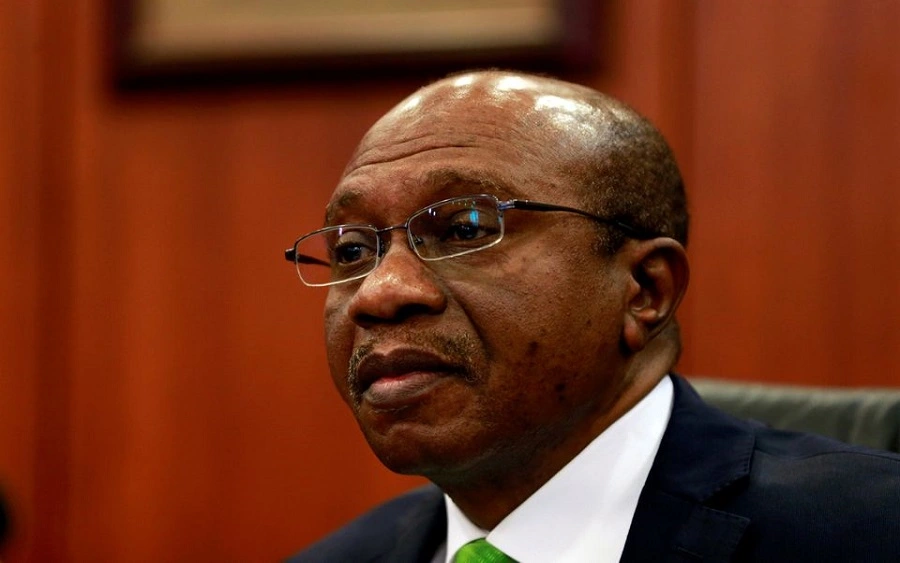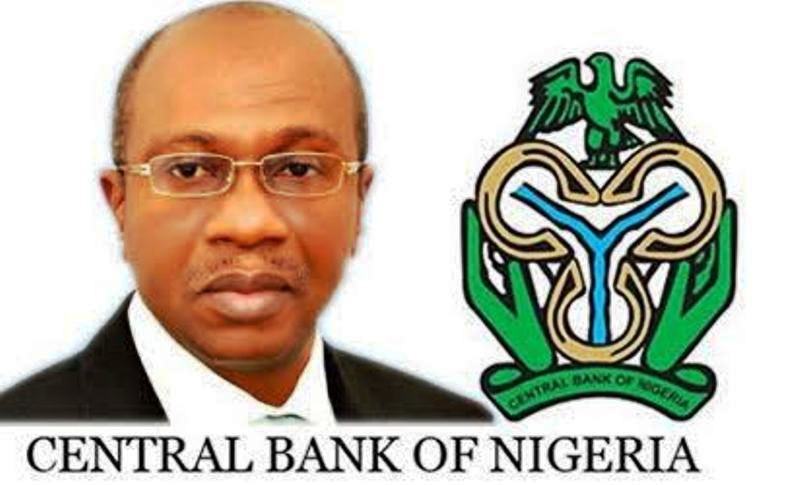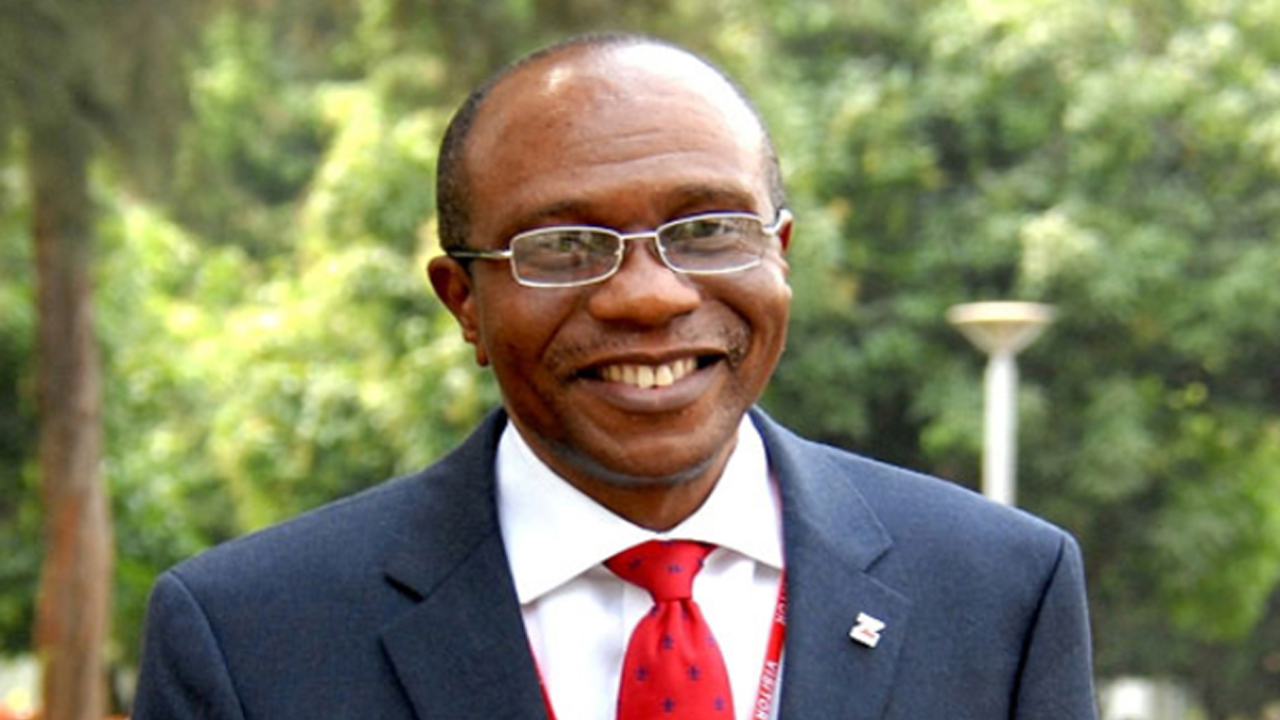The national leader of the All Progressives Congress, APC, Bola Tinubu, has advised President Muhammadu Buhari on how he can reduce the suffering of Nigerians and save the economy currently being threatened by the outbreak of coronavirus.
Tinubu, in a lengthy statement he signed and made available to journalists Sunday afternoon, noted that high-interest rates are a fundamental drag on national economic growth.
He called on Buhari to reduce interest rates, adding that while lower rates will spur domestic investment and production, creates both jobs and wealth, high rates serve only to suppress these vital factors.
He said although lower rates will have some negative short-term impact on inflation and the exchange rate, the economic dislocations caused by the coronavirus will serve to mitigate those temporary negative consequences.
“If there is a time to reduce interest rates, that time is now,” Tinubu said.
The APC leader noted that the central banks of all major economies have driven their prime interest rates below one per cent and nearer to zero percent in order to stimulate their economy.
He added that these central banks are also lending vast amounts at low rates just to support to their industries and firms.
“My position has always been one of reticence to foreign-denominated debt due to repayment challenges. However, if we need foreign currency to buy items essential to protecting the nation from the coronavirus now is the time to borrow.
“The World Bank and other DFIs have said they will grant loans at concessionary rates. We should hold them to their word and demand a renegotiation of existing loans or debt relief.
“While we are not yet inundated with the medical fallout of corona, we too suffer gravely from the economic and financial effects of the contagion. The rest of the world understands the imperative of lower interest rates. We should not pretend to be blind to that which every other major nation sees.
“If this crisis is to have any positive economic aspect, let it be that we used this moment to drive down interest rates. To apply the rate reduction only to future loans would be prejudicial to current bank debtors.
“Thus, the financial authorities should consider formulating regulations that banks must reduce the high interest rates on existing business loans to the new lower general rate. This can be achieved through regulations requiring banks to automatically roll-over existing loans at the lower rate or regulations stating this must be done if the borrower so requests.
“Any such change will alter the profit structure of most banks. To help moderate the change, the government should provide generous tax relief to the banks.
“Additionally, the government should institute a special bond-purchasing program where banks can purchase interest-bearing government bonds at a significant discount or even on credit for a period of years.
“The central bank should give banks liberal access to its discount window in order to participate in such programs. These programs are intended to be transitional and thus will sunset in 3-5 years.
“During the transitional period, banks will have time to alter their lending practices. They must begin to earn profits from higher volumes of business and consumer lending at much lower profit margins per loan.
“In this way, our banking system will finally advance into the modern banking practices that have served as the linchpins for growth in any prosperous nation one can name.
“There will be some initial jitters and anxiety. In the end, this will materially help us by sparking much needed private sector investment borrowing and encouraging suitable levels of consumer borrowing.
“Such borrowing will complement and thus lessen the amount of direct fiscal stimulus government must provide. The lower rates will be politically popular as well as economically benign at this time. Lower rates might dissuade some foreign speculators, but most speculative money has returned to its host nation at this point. So, the effects of lower rates will be muted. For those speculators still sensitive to arbitrage opportunities, our rates, albeit lower, will still be visibly above those obtained in any Western economy.
“Yes, the lower rates will put pressure on the exchange rate. However, much of that pressure has already been priced into the exchange rate due to capital flight and lower oil prices caused by the viral outbreak. Moreover, shipping and the import-export business are at a minimum.
“With trade at a minimum, this is again an opportune moment to allow downward pressure on the exchange rate; the practical effects will be minimised since trade has already been materially reduced.
“Another consideration we must weigh regarding interest rates is how lowering rates along with other innovations may unlock the potential for real estate to be catalyst for economic growth at this moment.
“The global economy will not rebound for several months if not longer. We must seek ways to inject liquidity into the economy and foster activity. Should the CBN lower rates as well as allow for longer-term mortgage notes, real estate would become a better functioning collateral for investment borrowing not only for the housing industry, but for the general economy.
“Reform of government mortgage agencies and policies will further allow us to deepen both the primary and secondary mortgage markets in ways that increase liquidity and spur economic activity independent of what may be happening in the outside world,” part of Tinubu’s statement said.
